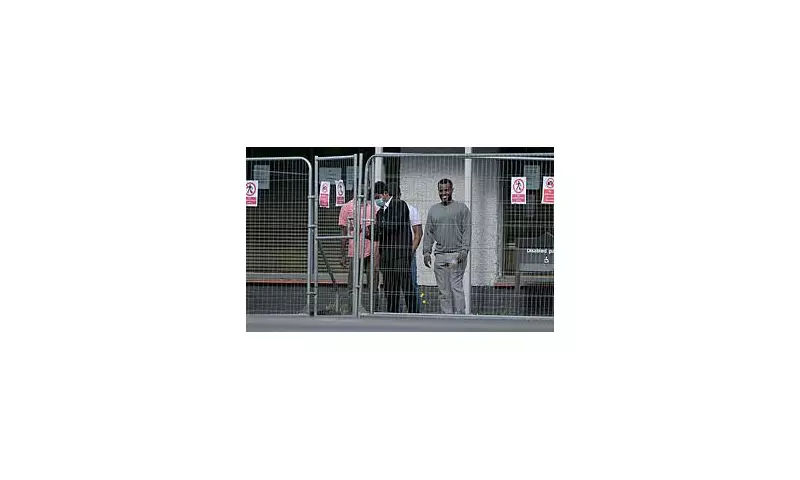
The children of migrants who arrived in Britain via small boat crossings are being issued British passports while their parents' asylum applications remain unresolved, according to a Daily Mail investigation.
The revelation has ignited a fierce debate over border control policies and the implications for Britain's immigration system. Critics argue this creates a "pull factor" for further illegal Channel crossings.
Fast-Tracked Citizenship for Channel Babies
Official figures show that at least 14 babies born to asylum seekers who entered the UK illegally have received British passports. These documents were granted despite their parents' immigration status remaining uncertain pending Home Office decisions.
Under current UK law, any child born in Britain automatically qualifies for British citizenship if at least one parent has obtained settled status. However, this situation involves parents whose right to remain in the country hasn't yet been determined.
Government Response and Policy Concerns
A Home Office spokesman stated: "We are committed to stopping the boats and ensuring that those who come to the UK illegally do not gain an advantage over those using legal routes."
However, immigration experts note that the current system creates a complex situation where children may hold British citizenship while facing potential separation from parents if asylum claims are rejected.
Broader Implications for Immigration Policy
The findings come amid record numbers of Channel crossings, with over 13,000 migrants having reached British shores this year alone. The policy has raised concerns about:
- Creating incentives for illegal immigration
- Potential family separation scenarios
- Straining public services and resources
- Undermining legal immigration pathways
Former immigration minister Robert Jenrick commented that the situation highlights "the urgent need for comprehensive reform of our asylum system."
As the debate continues, the government faces increasing pressure to address what many see as loopholes in the current immigration framework while maintaining humanitarian obligations.





